The K-Pop world was recently turned upside down when HYBE (the entertainment company behind BTS) was caught in the midst of a multi-company battle for ownership of SM Entertainment (or SME), one of Korea’s biggest music companies.
HYBE has come a long way from its roots as a small company; previously known as Big Hit Entertainment, HYBE now houses multiple subsidiary labels like Pledis Entertainment (SEVENTEEN, fromis_9) and Source Entertainment (LE SSERAFIM) as well as multiple artists like TXT, ENHYPEN, Zico, and of course, the aforementioned BTS.
Not satisfied with some of the biggest names in the industry, HYBE had previously expressed interest in acquiring SME shares as early as 2019, but previous offers had been quietly turned down. Its recent endeavor has been met with controversy, from both SME and the general public.
It’s not shocking that HYBE would be interested in SME. Since it was founded in 1995 by Lee Soo Man (we’ll get to him later), SME is responsible for some of the most successful K-Pop acts in history. We won’t list every artist, but SME is to thank for TVXQ, Girls’ Generation, f(x), SHINee, and Super Junior, as well as newer groups like EXO, Red Velvet, NCT, and Aespa. SM Entertainment is one of the “Big Three” K-Pop companies, along with JYP and YG Entertainment, and its artists are all but guaranteed to be successful. If HYBE joined forces with SME, it would own a huge chunk of the K-Pop world.
HYBE isn’t the only company interested in taking over SME, though. CJ Group (a massive conglomerate, operating in sectors from food to home goods) and Kakao Entertainment (a subsidiary of Kakao, the biggest Internet company in Korea, responsible for the chatting app Kakao Talk and streaming platform Melon) also have their sights set on the outfit.
It’s a lot to take in if you’re unfamiliar with the K-Pop industry, so here’s a helpful glossary of the names you need to know:
- SM Entertainment (SME) – the company everyone is fighting over
- HYBE Entertainment – music company, notably houses BTS, interested in buying SME
- CJ Group – mega-conglomerate, interested in buying SME
- Kakao Entertainment- subsidiary of Kakao, interested in buying SME
- Lee Soo Man (LSM)- Founder and former executive of SME
- Like Planning- production company belonging to LSM
- Lee Seung Soo- current co-CEO of SME
- Tak Young Joon- current co-CEO of SME
Now, you’ve met all the players in this game. Who will win? Will HYBE actually end up buying SME? The short answer is no, HYBE does not buy SME, but the long answer is that it’s complicated. Prepare yourselves, because this story has it all; family drama, hostile takeovers, and even tax evasion.
SME decides to part ways with founder Lee Soo Man
Early in February, co-CEOs of SME – Lee Seung Soo and Tak Young Joon – released a video titled “SM 3.0.” In the video, the two talk about their vision for the future, and it’s one that doesn’t include founder and former chief executive Lee Soo Man. The video makes this sound like a mutual decision, but Lee Soo Man (or LSM for short) reportedly felt blindsided by the decision and accused the two of staging an internal coup. While it may seem like a sudden decision to oust LSM from the company he founded, for those paying attention, it was anything but sudden.
In 2018, Asia Economy Daily reported SME had been paying Lee Soo Man’s own personal company, Like Planning, about $9.4 million a year since 2016. The payments, labeled as “production” costs, caused the third and fourth-largest stakeholders to publicly call on SME to provide transparency regarding these payments. Critics accused LSM of using SME’s profits to feed his own pockets and, feeling the heat, declared he’d opted to sell his shares in 2021, on the basis of furthering the company’s development.
This is where the other companies come in. At the time, Lee Soo Man was the majority shareholder owning over 18.73 percent of the brand. CJ Group and Kakao Entertainment (shortened as Kakao going forward) were the front-runners for LSM’s shares, while HYBE also remained interested. By the time “SM 3.0” was uploaded, SME was in the process of distancing itself from Lee Soo Man due to shareholder pressure and had terminated its production contract with Like Planning in late 2022. However, LSM was not the type to take his removal without a fight.
LSM strikes a deal – but so does SME
After the co-CEOS uploaded their vision for SME a few days prior, Kakao announced it would acquire a 9.05 percent stake in the company after striking a deal to “pursue joint management projects together including global K-pop auditions, management and music distribution businesses.” Lee Soo Man was not happy – almost immediately after the Kakao announcement, his lawyers announced he would be suing the very company he founded for illegally providing Kakao with shares sans his approval.
While this was happening, Lee Soo Man was busy striking a deal of his own. On Feb 10, 2023 he shocked the whole K-Pop world by announcing he had joined forces with HYBE, who would be acquiring 14.8 percent of SME, thus becoming the biggest stakeholder. To say it’s unprecedented is an understatement; it’s not a perfect analogy, but it’s almost like DC becoming Marvel’s largest stakeholder. As an entertainment label and one of SME’s direct competitors, HYBE’s acquisition was immediately met with controversy.
After LSM dropped that metaphorical bomb, SME quietly crafted its own response to what it claimed was a hostile takeover. In a now private video, SME co-CEO Lee Seung Soo — who, for added drama, is also LSM’s nephew by marriage — revealed detailed reasons why the company was against the former executive and founder. I’ll spare you all the details but the short of it is Lee Seung Soo alleges that LSM was coercing artists into signing with what was essentially an overseas version of Like Planning, called CT Planning Limited, and collecting 6 percent of profits before either SME or the artists received cuts.
Additionally, he would continue to receive this “production” money for an additional 70 years. He also allegedly delayed artists’ comebacks in order to force a dip in profits (theoretically showing how necessary he was) and bizarrely, wanted girl group Aespa to sing a song about planting trees for their comeback. Even more outlandishly, he reportedly wanted to create massive entertainment “cities,” called “Lee Soo Man’s World,” with music festivals and casinos – even debating the legality of allowing marijuana use in the “cities.” Around this time, CJ Group understandably decides to bow out of pursuing SME stock (how I imagine this went down).
An escalation on both sides
Things continued to heat up, much to the detriment of Lee Soo Man; Dispatch (basically the Korean equivalent of TMZ) released an article detailing a list with 118 points about the whole debacle, and most of them were not a good look for LSM. Highlights include LSM being wanted by Interpol, partaking in insider training, and making so much money off his company that he single-handedly made profits the lowest of the “Big Three” companies.
Shortly after, SME released yet another video highlighting its position against Lee Soo Man, this time with CFO Cheol Hyuk Jang at the reigns. This time, the focus is more on the HYBE takeover and how it would be bad for the entire company. The video comes complete with a list cosigned by 208 employees, saying HYBE would lower the value of SME, and artists will suffer from not being prioritized by the rival company.
After SME said its piece, it finally seemed things were ending, and that a HYBE takeover was inevitable. HYBE published an open letter, basically saying it wanted the same things as SME, and would do all it could to ensure the visions were aligned. The letter stresses that even with HYBE as the majority stakeholder, SME would still run independently and retain its autonomy. Things seemed to be going Lee Soo Man’s way: HYBE’s acquisition was finalized, LSM won his lawsuit against SME, the war is over. Right?
The (anti)climactic conclusion
Kakao wasn’t going to let HYBE take all those shares without a fight, and as one of the largest companies in Korea, it was bound to have a trick up its sleeve. After HYBE failed to win over enough shareholders for a proper takeover — starting with the 14.8 percent from Lee Soo Man, it was only able to purchase enough shares to own a total of 15.8 percent of the company – Kakao made an offer of approximately $962 million for 35 percent of SME’s stock.
If that feels like an overestimate, you’d be right; the offer was meant to start a bidding war over the fate of SME, and Kakao started high. In comparison, HYBE had paid about $116 per individual stock, and Kakao was paying roughly $135 for an even higher percentage. The offer was clearly a power play, but would HYBE step up to bat? Could it afford to?
HYBE reportedly began getting together the necessary funds to enter what looked to be a long bidding war. However, HYBE was unable to raise enough capital to outbid Kakao’s outrageously high offer (seriously, we’re talking nearly $1 billion). On March 12, HYBE released an official statement announcing its withdrawal from acquiring further SME shares. According to the statement, HYBE and Kakao reached an agreement resulting in the withdrawal, but HYBE emphasized it would work with Kakao “on platform-related matters” in the future.
It’s a bit of an anticlimactic end to a drawn-out (and very niche) saga, but ultimately, Kakao will soon own a total of 40 percent of SME, once its acquisition is finalized (it currently owns 5 percent and is purchasing another 35 percent). Despite being unable to purchase its desired amount of shares, HYBE still owns stock in the company and will likely retain some influence on company matters going forward.
If all goes according to plan, Kakao will finalize the acquisition on March 26, days before a shareholder meeting on March 31. Given the results of LSM’s earlier lawsuit against SME, it’s still possible things might not be that simple for Kakao, but as of writing, it looks like things have finally (and I cannot emphasize that enough) come to a standstill.

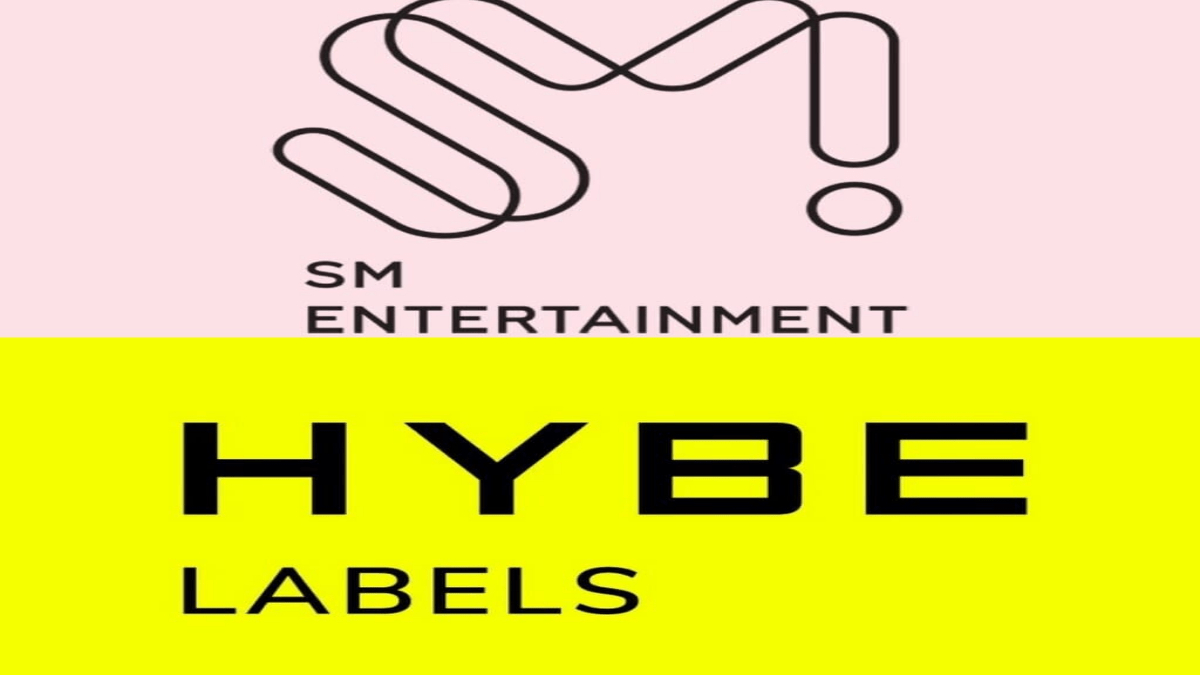

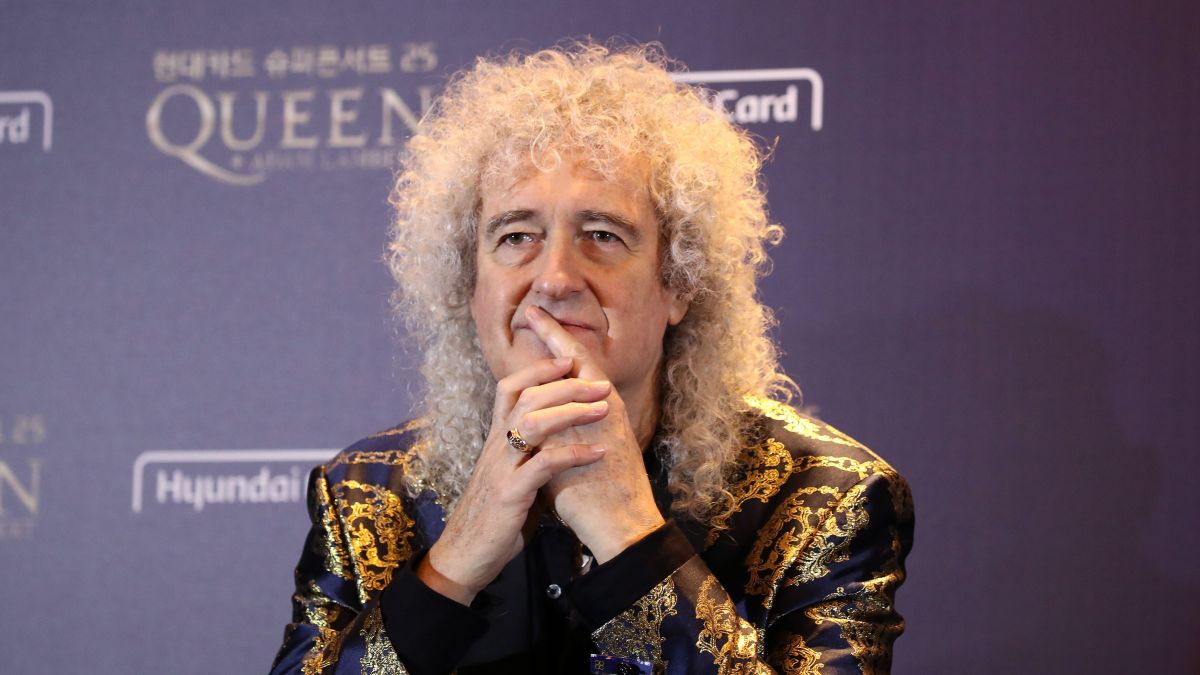
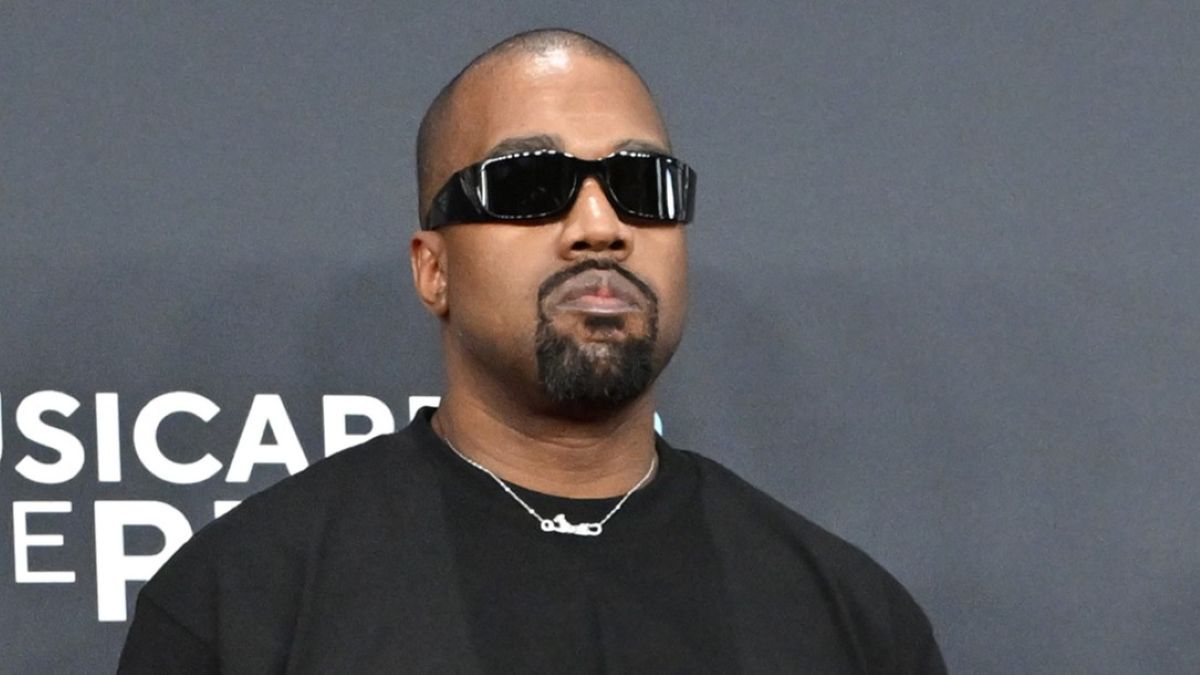


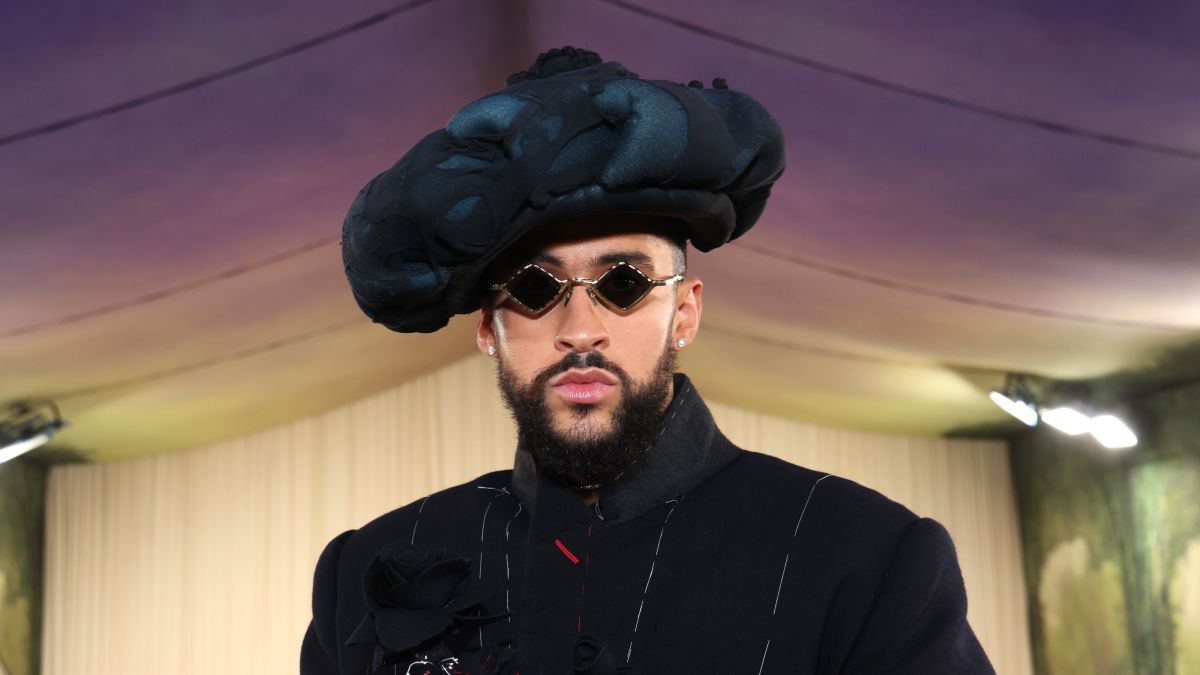

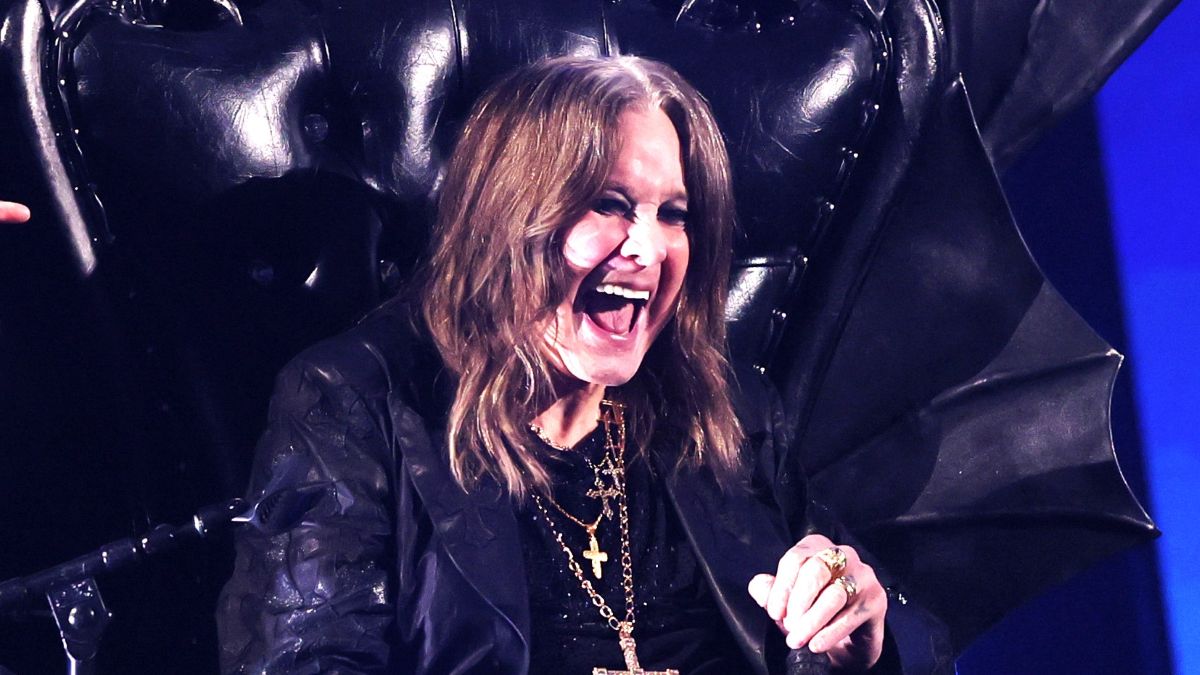

Published: Mar 23, 2023 04:37 am